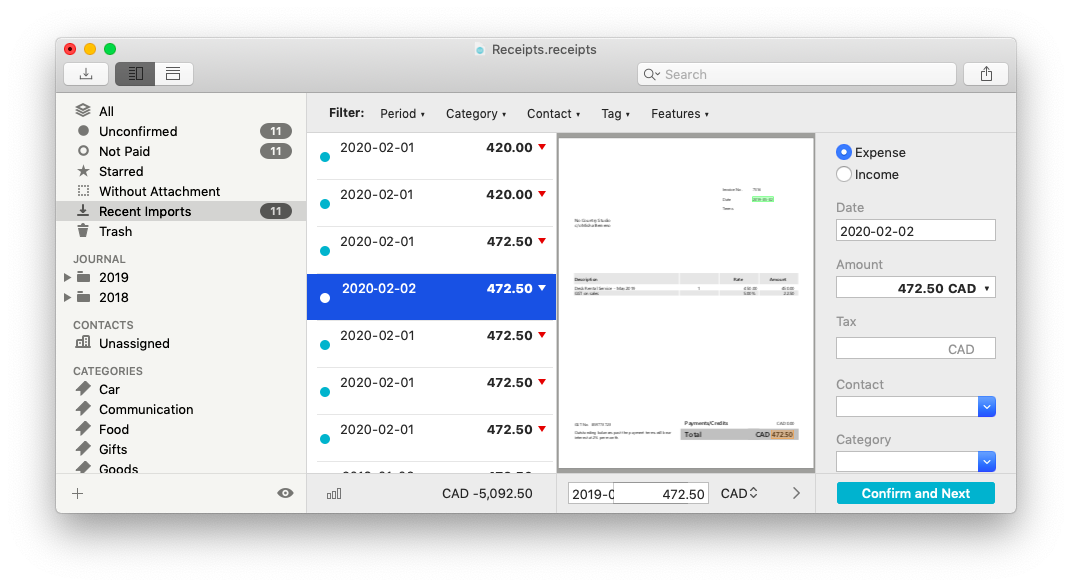Financial Literacy Mac OS
- Candidates who meet all the course requirements will be able to seek work in the financial services industry in a finance and mortgage broking-related role. CPD Continuing professional development (CPD) of your knowledge and skills is essential to remaining compliant under ASIC’s Regulatory Guide 206 (RG 206).
- IPhone and Mac sales are way up from the start of the pandemic. Meanwhile, Apple's crucial Services business hit another all-time high. Velazco, 18 hours ago. Twitter Facebook Reddit Mail.
National Financial Capability Month 2021
Financial literacy is the understanding of financial terminology, statements, and concepts, and knowing how to use this information to make a financial impact. The first step is to read up on the language and documents your company uses to talk about and track finances. Financial Literacy Month: 30 Steps to Financial Wellness. Financial Literacy Month is a celebration and a challenge. It's a chance to reflect on the state of our personal finances and an opportunity to improve those finances, one step at a time. The 30 steps of Financial Literacy Month are designed to help you identify your money weaknesses.
'My Administration is working hard to help Americans overcome the financial impact of COVID-19 and the deep-rooted inequities in our society that have greatly limited the economic prosperity of too many Americans. Given the disproportionate impact the pandemic is having on minority and low-income communities, a concerted effort by the Federal Government is necessary for recovery and building back a better economy. Financial education that builds financial capability helps families receive assistance, build resilience, and benefit from a stronger and more equitable economy. April is recognized as National Financial Capability Month to highlight the value of high-quality financial education to improving Americans' financial capability.'
- President Joseph R. Biden Jr.
What is National Financial Capability Month?
In 2004, the U.S.Congress (opens new window) designated April as National Financial Literacy Month, which has evolved into National Financial Capability Month. Each April, federal and state agencies, credit unions, schools, nonprofit organizations, businesses, and other entities take part in this initiative to raise awareness about the importance of financial literacy education in the United States and the consequences that may be associated with a lack of understanding about personal finances.
Why is Financial Literacy Important?
Financial literacy is key to understanding how to save, earn, borrow, invest, and protect your money wisely. It is also essential to developing short- and long-term financial habits and skills that lead to greater financial well-being. Becoming financially literate could be as simple as:
- Using a budget worksheet (opens new window) to determine which expenses are flexible or fixed, as well as, ensure you have enough emergency savings to prepare for unexpected expenses; or
- Pulling your credit report once a year to make sure the information is accurate, complete and up-to-date and you are not a victim of identity theft.
How are NCUA and Credit Unions Involved?
Under the Federal Credit Union Act, promoting financial literacy is a core credit union mission. While credit unions serve the needs of their members and promote financial literacy within the communities they serve, the NCUA works to reinforce credit union efforts, raise consumer awareness and increase access to credit union services. The NCUA also participates in national financial literacy initiatives, including the Financial Literacy and Education Commission, an interagency group created by Congress to improve the nation’s financial literacy and education.


In addition, the NCUA partners with the Federal Deposit Insurance Corporation and the U.S. Department of Education in a Youth Financial Education Collaboration Agreement, aimed at helping students and families save for college and encouraging the development of smart money habits. NCUA is also a national partner of the Jump$tart Coalition (opens new window) for Personal Financial Literacy.